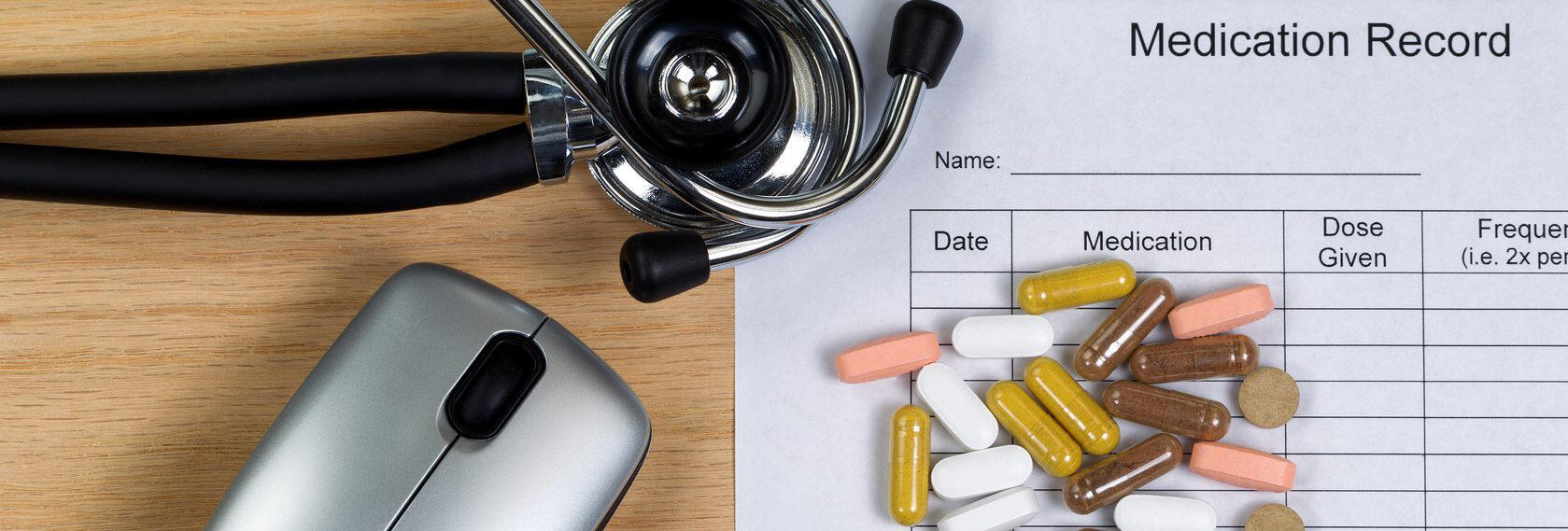Originally marketed as more effective and less addictive than other medications, a new study finds that opioid medications are often associated with negative outcomes after surgery. The study also found that opioid medications are highly addictive.
The current opioid addiction crisis is the worst drug epidemic in the history of this country. According to researchers, prescriptions for opioid pain relief multiplied by a factor of four between the years 1995 and 2010. By 2015, there were more than 33,000 deaths recorded from overdoses on these medications. By 2016, 64,000 deaths were recorded in that year alone with a jump in the number of people dying from overdoses of fentanyl and its relatives.
The crisis may have spread for several reasons, including over-zealous marketing of opioids for profit, the prescription of the drugs to patients by doctors who believed the marketing material or were interested in improving their own profits, and from unwitting patients unable to handle the addictive impulses once they were hooked.
Most people do not set out to become addicted to opioids, so the introducing event between patient and opioid is very important. For many, the gateway to opioid use and addiction is being prescribed the powerful drugs when they undergo surgery of some kind.
Even as a surgical assist, a new study published in the Journal of the American Medical Association (JAMA) reveals patients who are exposed to opioids during surgery commonly suffer adverse drug events as well as worse surgical and financial consequences.
Opioids — Always A Reason To Worry
In 2016, a study from Stanford revealed that patients undergoing 11 common surgical procedures are at higher risk of becoming addicted to opioids. Of those procedures, patients who undergo knee surgery, gall bladder surgery, and women who give birth through cesarean section are among those at higher risk of addiction.
In the current study, scientists used data from 135,379 patients who suffered an opioid-related adverse drug event (ORADE). An “adverse drug event” (ADE) occurs when a patient is injured from the medical administration of a drug, in this case, opioids. The injury may take the form of a medication error, an allergic or other poor reaction, interaction with other medications, or overdose. For ORADES, the injury can run from mild skin rash to respiratory failure and death.
Researchers found that patients who received higher doses of opioids for longer periods of time were more likely to suffer an ORADE. For those who experience an ORADE, there are higher overall risks that include:
- Death
- Longer hospital stay and higher chance of readmission within 30 days
- Greater likelihood of being discharged to another type of care facility
- Higher care costs
When you undergo surgery, ask beforehand (if possible) about alternatives to opioid medications or how your healthcare provider monitors the appropriate use of opioids to reduce your risk of ORADE. If ORADE is a known risk of the surgery you are about to undergo, it is important that you know about it up front.
Experienced Medical Malpractice Attorneys Help You In Baltimore and Washington, D.C.
Schochor, Staton, Goldberg, and Cardea, P.A. is a leading medical malpractice law firm serving national and local clients in Maryland and Washington, DC. If you or a family member suffers medical negligence, we can help. Contact us today or call 410-234-1000 to schedule a free consultation to discuss your case.













